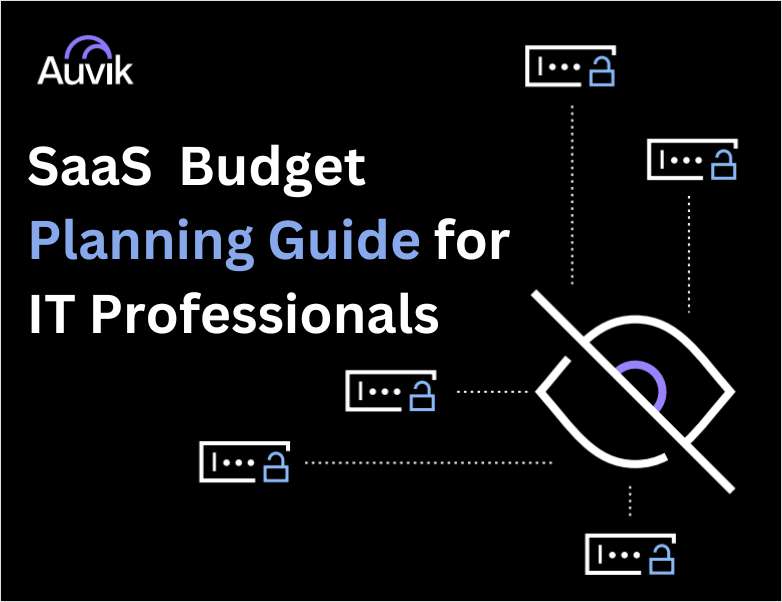ALEXANDRIA, Va. — The NCUA Board approved a new proposed rule–sort of–during its March 14 monthly meeting.
The proposed rule regarding federal credit union ownership of fixed assets doesn't make any substantive changes. Rather, it merely clarifies the regulation so credit unions better understand how to comply.
So-called “plain language” has replaced regulatory text, according to the proposal. Also, an introductory section has been added, existing definitions were reorganized and new ones added. Finally, the proposed rule clarifies the waiver process. Staff Attorney Pamela Wu told the board the proposed rule redefines terms that credit unions had told the NCUA were unclear and made compliance difficult.
Specifically, the rule redefines terms in a provision that requires a credit union to partially occupy unimproved property, with both the “unimproved property” and “partially occupy” definitions receiving additional clarification.
Unimproved property is further defined as raw land, or specifically, land without development, significant buildings, structures or site preparation. It also includes land that has never had improvements or was improved at one time but has since functionally reverted to an unimproved state.
Additionally, the rule will consider land to be unimproved even if it is functional and intrinsically valuable but serves no purpose for the credit union's planned use. The proposal used as an example property that has water and sewer lines for a residential development, but the credit union plans to build a parking garage there.
The proposed rule also intends to clarify the NCUA's expectations for waiver requests, as well as its obligations in reviewing those requests. In the proposal, the NCUA issued an informal comment request for ideas to improve the wavier process, admitting the current rule is somewhat inconsistent, uneven and burdensome in some circumstances.
“The board emphasizes that NCUA is committed to making the agency's waiver process more consistent and user friendly and welcomes public comment on ways of doing so,” the proposed rule said.
Language treatments proposed would clarify exactly when a particular requirement or limitation is subject to waiver by the NCUA and would describe the agency's obligations in each provision that is subject to a waiver.
Comments on the proposed rule, specifically, ways to enhance its readability and usefulness, are due 60 days after the rule is published in the Federal Register.
The NCUA Board also approved a community charter conversion request from the $313 million Cinfed FCU of Cincinnati. The credit union has penetrated 74% of its potential current membership and has seen its primary select employee group, the federal government, downsize in recent years, Chairman Debbie Matz said. She said the conversion “makes sense for the long haul” of the credit union, and was complimentary of Cinfed's request, noting that it included a significant increase in the marketing budget.
As of Dec. 31, 2012, Cinfed served nearly 30,000 members, all gained from SEGs. The conversion will expand the credit union's field of membership to include a four-county area in the Cincinnati metropolitan area.
Matz asked Consumer Access Analyst Elliot Weiss why Cinfed requested to serve only four of the 14 counties that make up the Cincinnati metropolitan area. He said the four counties form a well-defined local community, which is designated as a core-based statistical area with a population of 2.5 million or less. Additionally, the four counties provide public transportation access to Cinfed locations.
Continue Reading for Free
Register and gain access to:
- Breaking credit union news and analysis, on-site and via our newsletters and custom alerts
- Weekly Shared Accounts podcast featuring exclusive interviews with industry leaders
- Educational webcasts, white papers, and ebooks from industry thought leaders
- Critical coverage of the commercial real estate and financial advisory markets on our other ALM sites, GlobeSt.com and ThinkAdvisor.com
Already have an account? Sign In Now
© 2024 ALM Global, LLC, All Rights Reserved. Request academic re-use from www.copyright.com. All other uses, submit a request to [email protected]. For more information visit Asset & Logo Licensing.









